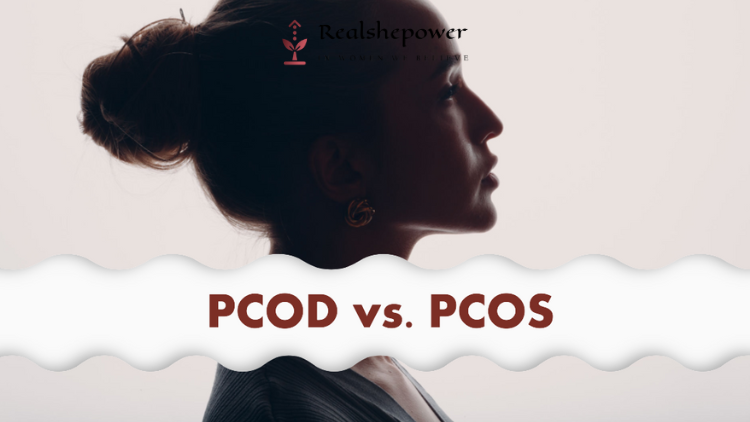PCOD and PCOS: Dietary Habits and Lifestyle Changes to Manage Symptoms


Table of Contents
Introduction
Polycystic ovary disease (PCOD) and polycystic ovary syndrome (PCOS) are two conditions that are caused by hormonal imbalances. While medication can be effective in managing symptoms, making dietary and lifestyle changes can also be helpful. In this article, we’ll provide tips on how to manage PCOD and PCOS through dietary habits and lifestyle changes.
Dietary Habits to Manage PCOD and PCOS
- Follow a low glycemic index (GI) diet: This means choosing foods that have a lower impact on blood sugar levels, such as whole grains, fruits, and vegetables.
- Include protein in every meal: Protein can help regulate blood sugar levels and promote feelings of fullness. Good sources of protein include lean meats, fish, eggs, and tofu.
- Choose healthy fats: Healthy fats, such as those found in nuts, seeds, and avocados, can help reduce inflammation and improve insulin sensitivity.
- Limit processed foods and sugary drinks: These can contribute to insulin resistance and weight gain, which can worsen symptoms of PCOD and PCOS.
- Stay hydrated: Drinking plenty of water can help flush out toxins and support overall health.
Lifestyle Changes to Manage PCOD and PCOS
- Exercise regularly: Regular exercise can improve insulin sensitivity and promote weight loss. Aim for at least 30 minutes of moderate-intensity exercise most days of the week.
- Get enough sleep: Lack of sleep can worsen insulin resistance and contribute to weight gain. Aim for 7-8 hours of sleep per night.
- Manage stress: Stress can worsen symptoms of PCOD and PCOS. Find healthy ways to manage stress, such as yoga, meditation, or deep breathing exercises.
- Quit smoking: Smoking can worsen insulin resistance and contribute to other health problems. Quitting smoking can improve overall health and reduce symptoms.
Following is the summary of the dietary habits and lifestyle changes that can be helpful in managing PCOD and PCOS:
| Dietary Habits | Lifestyle Changes |
|---|---|
| Follow a low glycemic index (GI) diet | Exercise regularly |
| Include protein in every meal | Get enough sleep |
| Choose healthy fats | Manage stress |
| Limit processed foods and sugary drinks | Quit smoking |
| Stay hydrated |
Conclusion
PCOD and PCOS can be managed through a combination of medication, dietary habits, and lifestyle changes. Making changes to your diet and lifestyle can help improve insulin sensitivity, promote weight loss, and reduce inflammation. By working with your healthcare provider and adopting healthy habits, you can successfully manage symptoms of PCOD and PCOS and enjoy a happy and healthy life.
By incorporating these dietary habits and lifestyle changes, individuals with PCOD and PCOS can improve insulin sensitivity, promote weight loss, and reduce inflammation. Working with a healthcare provider can also be helpful in developing a personalized plan for managing these conditions.
Also Read: PCOD vs PCOS: Understanding the Differences and How to Manage Them

You can now write for RSP Magazine and be a part of the community. Share your stories and opinions with us here.
